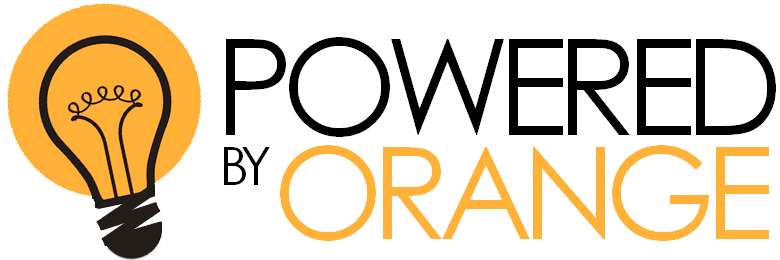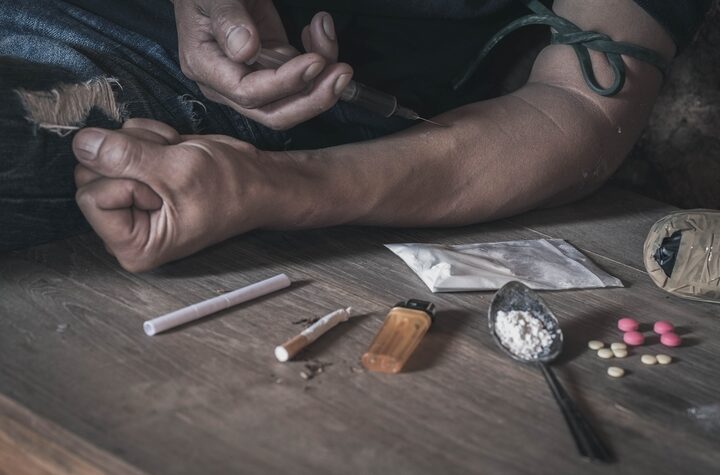Dealing with drug addiction, whether it is your own, someone you love, an acquaintance, or even a stranger, is an incredibly difficult and strenuous journey for anyone to go on. Regardless of who it is or how you know them, you may feel an urge to help them get clean and revert to a stable and substance-free life.
The first step that anyone needs to take to help an addict is to recognize the signs of their addiction. This might be more complex than you originally thought, but it does not make it impossible. Call up the proper services, like recovery and treatment centres in BC, to provide someone you know who needs help. Helping someone recover from substance abuse can be just the push they need to get clean and start fresh.
Even if you have had no previous exposure to substance use or addiction, there are various signs that you can look out for to identify them. If you are worried about someone and are looking for ways to help them, start by learning about the symptoms. Here are some symptoms of drug addiction that you should look for to take the necessary steps to help the individual get clean.
Symptom #1: Difficulties in the work environment

One symptom that occurs frequently in individuals with drug addictions is their display of difficulties in their work environments. These environments may include school if they are a student or their place of employment.
These difficulties may be showcased in the form of decreased productivity. As addiction takes hold, an individual may struggle to focus on tasks, meet deadlines, or complete work assignments efficiently. The effects of the drugs and their addiction leave less energy for them to focus on their job responsibilities.
Individuals grappling with drug addiction may frequently miss work or arrive late. One way to tell if this could be why is if they fabricate vague reasons for their absence.
Symptom #2: Impaired judgment and decision making

Addiction can also impair an individual’s judgment and decision-making abilities. They may make risky choices at work, jeopardizing their well-being and the safety of coworkers and the organization. In addition to this, they may also make increased errors due to their impaired cognitive and physical functioning associated with drug addiction. Whether operating heavy machinery or handling delicate tasks, the consequences of these mistakes can be severe, personally and professionally.
Sometimes, addiction may lead individuals to showcase behavioural changes with their colleagues and others in the work environment. This can damage work relationships and create a toxic environment.
Symptom #3: Decreased hygiene

Another major symptom in individuals grappling with drug addictions is their severe decrease in personal hygiene. When someone becomes addicted to drugs, their priorities often shift dramatically. Securing and using drugs can become the sole focus, leaving little room for self-care activities like personal hygiene.
Since drugs often take a dramatic toll on physical and mental health, they may experience chronic fatigue, lethargy, and mood changes. These physical and emotional issues can make it difficult for them to find the motivation or energy to engage in even basic self-care routines.
A decline in personal hygiene can manifest in various ways, including infrequent bathing or showering, failure to brush teeth, and neglect of hair and skin care. Individuals may also wear the same clothes for extended periods without washing them. This could further lead to unpleasant body odours and other health issues.
Symptom #4: Changes in relationships

Drug addiction can also manifest severe changes in relationships. Individuals may find their interpersonal connections strained or broken as addiction takes hold.
One of the earliest signs of addiction affecting relationships is withdrawal and isolation. People grappling with addiction may withdraw from social interactions, preferring to be alone or with individuals who share their addiction. This isolation can lead to a growing disconnect from family, friends, and loved ones. This is especially harmful to those who depend on someone with an addiction, for example, an addicted parent with children to care for.
As the addiction progresses, individuals may become increasingly dishonest and secretive. They may lie about their substance use, whereabouts, or activities. This results in increased mistrust that may lead to damaged relationships.
While losing relationships with those from before their addiction, addicts may find themselves gravitating toward social circles that support their substance use.
Symptom #5: Physical appearance

Besides hygiene, another physical aspect that is a tell-tale sign of someone’s addiction is how they look on the outside.
Taking drugs can majorly mess up one’s skin. Common signs are the development of acne, sores, or skin infections. The skin may also appear full and dehydrated due to insufficient nutrition.
Significant and rapid changes in weight are also glaring signs of drug addiction. Some drugs suppress appetite, leading to drastic weight loss, while others can lead to weight gain. Significant and rapid changes in weight can be a glaring sign of drug addiction.
Some drugs suppress appetite, leading to drastic weight loss, while others, like alcohol, can lead to weight gain. Significant and rapid changes in weight can be a glaring sign of drug addiction. Some drugs suppress appetite, leading to drastic weight loss, while others, like alcohol, can lead to weight gain.




